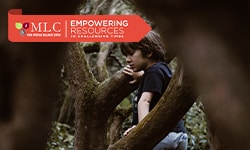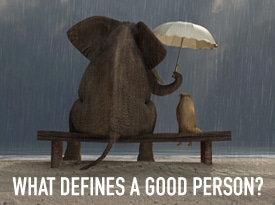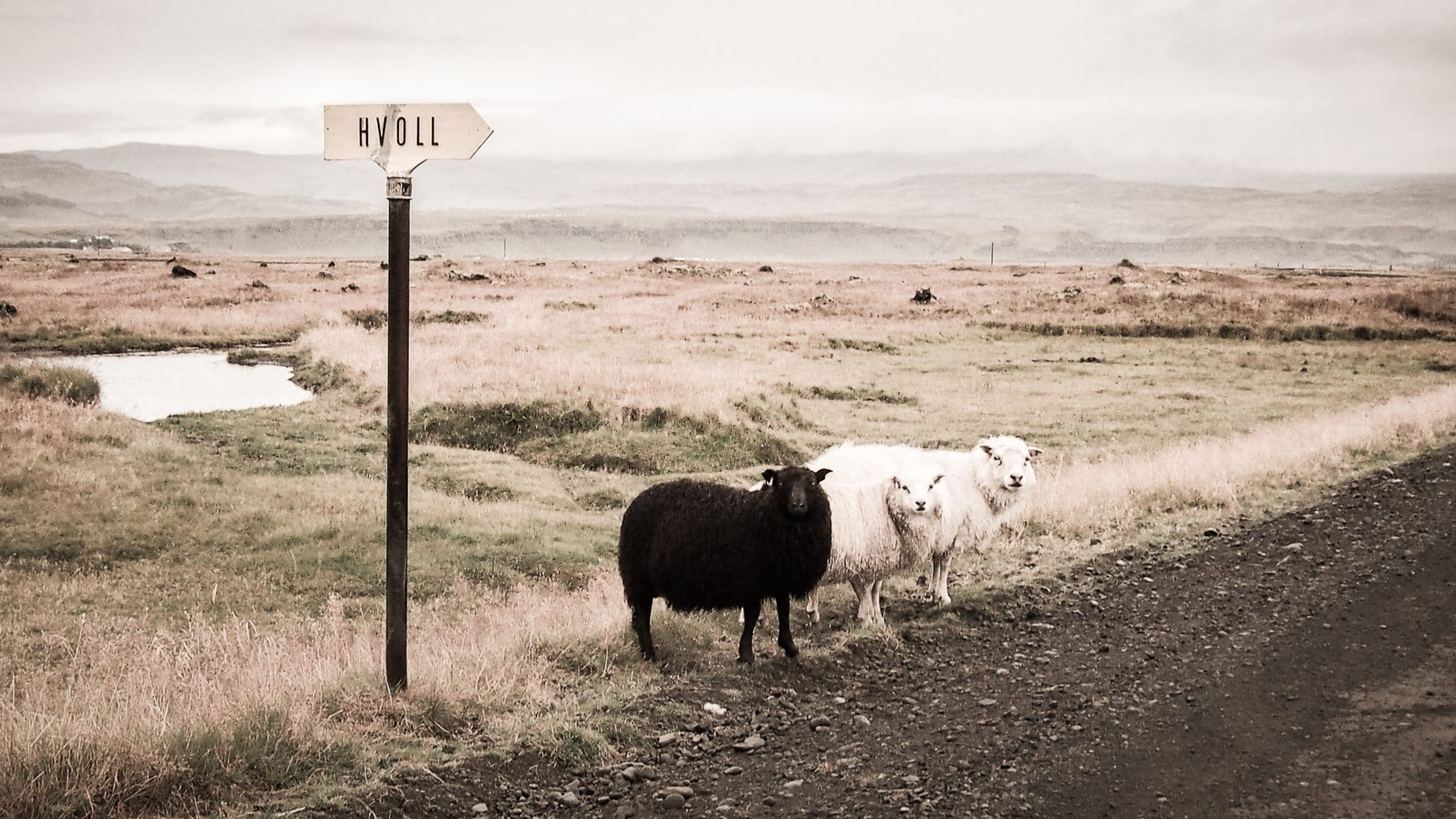With the recent outcry about racism — with accusations being hurled in all directions, left to right, right to left — it seems wise to ask: What exactly is racism? And what criteria should be used when labeling someone a racist?
One of the great ironies emerging from some of these accusations is that the accusers often end up delegitimizing and discriminating against those that don’t agree with them! How then do we unscramble the mess when the whistle blowers against racists are themselves guilty of being racist? Do we call that reverse racism? Even that very term is contentious: Some argue that there is no such thing as reverse racism, because by definition racism is only possible when it is directed from a controlling majority at a minority. But is that true? If racism is the prejudice or hatred toward another race, what difference does it make if the hatred is coming from a majority or a minority? You see how thorny this matter can get.
In this candid, no-holds barred discussion Rabbi Jacobson will dissect the anatomy of racism, digging deeper into its core, and compelling us to ask the unsettling question: Isn’t racism an inevitable result of every group’s and race’s sense of superiority? As such, aren’t we all in effect racists — or at least prejudiced — by virtue of our own pride, arrogance and bias? Even if elitism wouldn’t be categorized as racism, isn’t full blown racism at its root an outgrowth of nationalism? If so, if racism (in whatever form it manifests) is indeed a derivative of human ego, what can we really do about it? The question that emerges out of all this is not what defines racism, but what defines the human being? If we are selfish creatures — competing with all other creatures in mortal, survival of the fittest, combat over resources — how can we be expected to not be discriminating against each other?
Please join Rabbi Jacobson and discover a new take on human nature and the human condition, offering us a novel approach to uprooting all forms of racism at its nucleus.







Rabbi, you certainly are a maestro of a grand symphony, a composition composed by G-d, conveyed with your love and affection. Thank you so much. I know you are modest, and so I add that you wonderfully convey messages we all can find with study and love of our traditions and commandments and the right manner of Intention.
Bravo!!
Thank you Rabbi.
This talk is so wonderful & so important.
We can all use some extra bravery
in our lives for certain.
Thank you very much, I really enjoyed the shiur. I just saw in תו”א פ’ ויצא, כב עמ’ ד, ד”ה ובענין, that כתר is מלשון שתיקה, and שתיקה is בחינת ביטול, by which one merits להתעלות etc. Rabbi Jacobson mentioned that bitul is harmony in diversity, respecting the sacredness of another’s Divine endowment to have an opinion. As the בעל התניא said, bitul is in fact the ability to remain silent, i.e. not to crush an opinion that varies from your own, harmony in diversity. Through bitul, remaining silent and respecting the Divine element present in each one, there is no room for racism and discrimination. If we could only merit that, we would then merit להתעלות, and to elevate the world along with us, just as you said. May it be so!